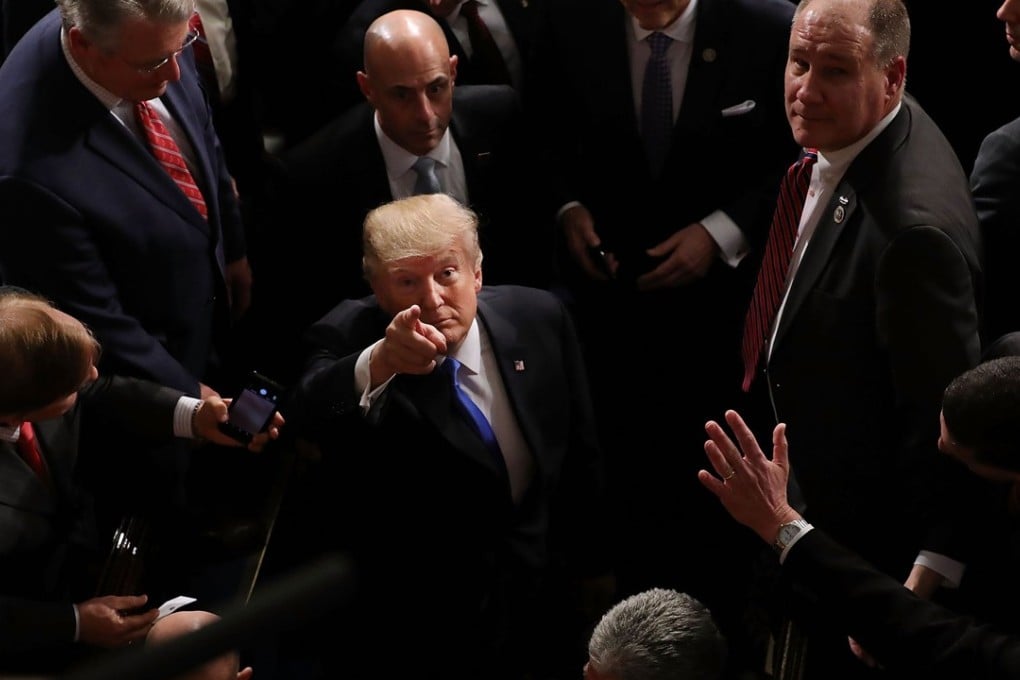Will the chaotic age of Trump lead to a shift in our understanding of the world?
Andrew Sheng says mainstream political and economic thinking has undergone an upheaval over the past decade without arriving at a consensus on our understanding of the world. Donald Trump’s election and his chaotic first year make the need for a paradigm of mutual understanding more urgent

But underlying all this confusion, certain broad trends indicate that the world is already shifting rapidly not only in power, but also thinking and behaviour. One thing is certain – history will not move in straight lines, but there are patterns or rhythms that suggest a major paradigm shift is taking place that we all need to understand.
The term “paradigm” was used by historian and physicist Thomas Kuhn to describe basic concepts and experimental practices of a scientific discipline, which include embedded assumptions, beliefs and interpretation of facts. There are, of course, different paradigms in religion, philosophy, politics or social science that compete with each other. For example, there are essentially two main paradigms in economics – Keynesian philosophy that calls for more state intervention and neoclassical thinking that advocates self-correcting free markets and minimal state interference.
Kuhn’s major contribution was introducing the concept of a paradigm shift in which the accepted or dominant paradigm gives way to new and competing ways of thinking.